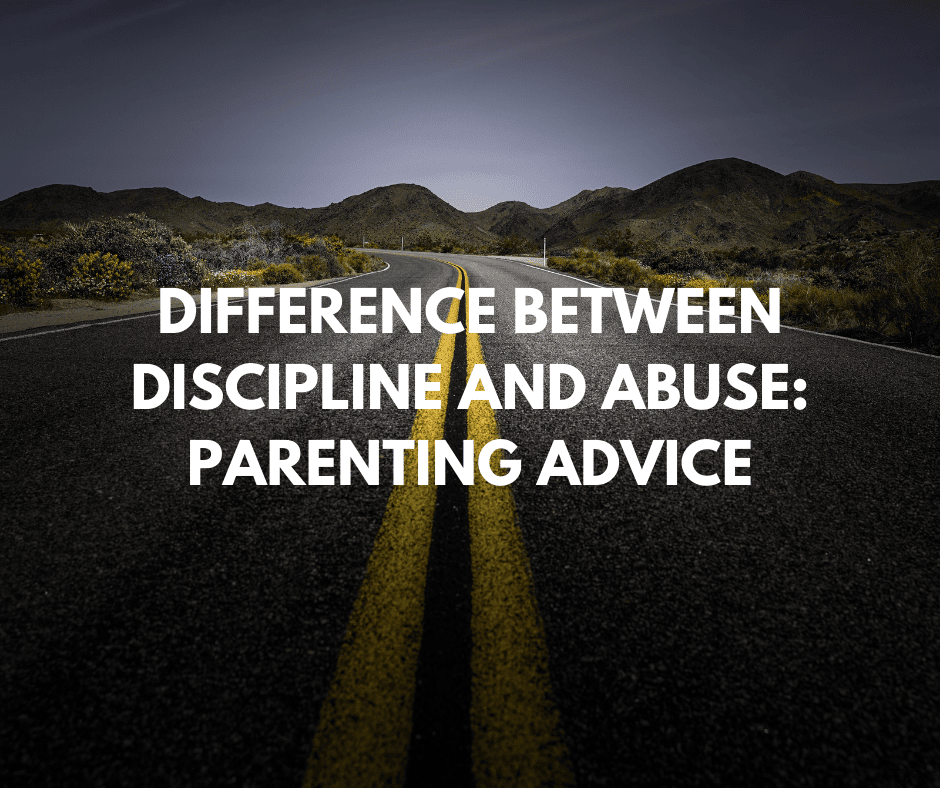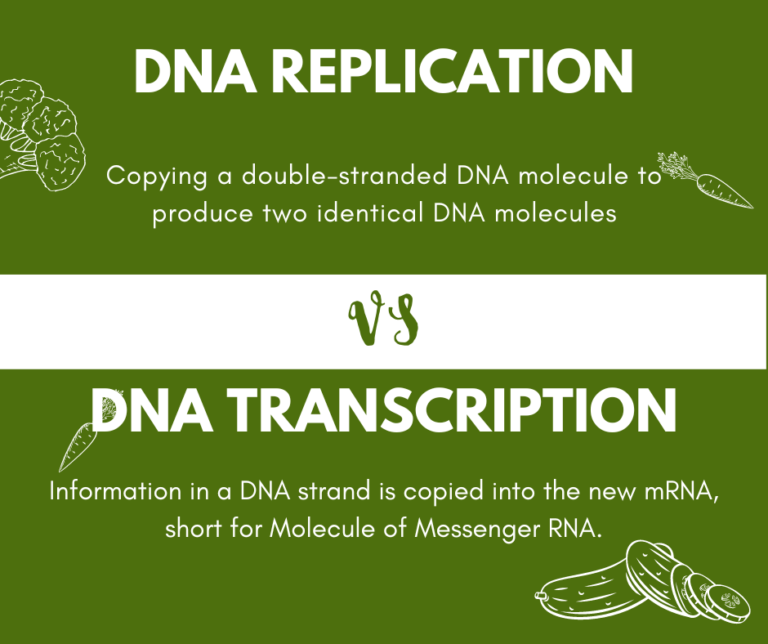The art of discipline is calm, dignified, and teachable, while abuse is entirely the opposite of the three. When parents start to lose control over the issue, they can become too angry or verbal, further clouding the judgment of the adults. This could fracture the communication bridge and push away the children even more from the parents.
So how can parents differentiate between disciple and abuse? In this article, we have mentioned the critical difference between discipline and abuse.
What Is Discipline?
Discipline is a method of teaching children to differentiate between acceptable and unacceptable behaviors. Some child discipline methods include positive reinforcement, support from family, and modeling. Non-abusive punishments are also an effective method of discipline, but it does not mean punishment is the only way to go.
It’s common to lose control while teaching discipline to children who:
- Don’t listen or are disrespectful towards their parents
- Listens to parents yet deliberately disobeys their parents’ orders
As a parent, it’s your responsibility to teach your children to become respectful, self-controlled, and self-reliant. You could consult relatives, therapies, healthcare professionals, and school counselors for advice if you are out of options.
Three types of parenting styles by The American Mental Health Association:
Authoritarian Parenting
Authoritarian parents express clear expectations and consequences to their children. In this parenting style, the parents show little affection towards their children. This is considered the less effective form of parenting.
Authoritative Parenting
In this style, parents show affection towards children while setting clear expectations and consequences. This is considered an effective form of parenting as you allow your children to get closer to you by offering some flexibility. Instead of strong punishment steps, you try to solve the behavioral issues through collaboration.
Permissive Parenting
It involves showering your child with love while letting them do what they want, hoping they will change independently. This is also a less effective form of parenting.
What is abuse?
Child abuse by parents is referred to as any form of maltreatment by a parent towards their children. This includes physical violence, psychological abuse, sexual abuse, and neglect.
Child abuse includes:
- Physical abuse
- Verbal abuse
- Child neglect
- Munchausen by proxy syndrome
- Emotional neglect or abuse
Sometimes abuse is intentional, and sometimes parents do that at the spur of the moment when they no longer coper with disciplining the child. Parents should recognize the patterns of abuse and control them before it leads to any criminal prosecution.
If you believe you are behaving in an abusive way towards your children, you may have at this point identified some of these tendencies.
Some child abuse tendencies include excessive or loud confrontation, excessive corporal punishment, and excessive anger feelings towards children.
Difference between discipline and abuse
| Factors | Discipline | Abuse |
| Aim | To rectify a child behavior by offering logical or natural consequences. It is a proactive method to handle a behavioral issue and stop it from happening in the future. | It is basically giving a penalty to the child for a mistake to stop them doing it in the future. It is a reactive approach that usually solves or addressed the current issue. |
| Assumption | It about considering your child’s behavior as a form of communication and teach them skills how to communicate in the future. | It about taking necessary steps when your children did something bad or wrong. |
| Power Dynamics | It involves teaching children to become self-regulate and control their behavior. | It teaches the child that you are in control of their life and will decide the consequences of their behavior. |
| Consequences | It involves two types of consequences: Natural and logical. Natural consequences involve methods to show children their actions have inevitable consequences. Logical consequences is also about the action, but you intervene when you realize their decisions can harm or hurt somebody. | The consequences are negative and correlates about the current issues, such as: Shouting or scolding or any form of verbal abuse. Giving corporal punishment by showing physical aggression such as pulling, pushing, pinching, slapping or spanking Giving more responsibilities Making them do unpleasant tasks |
| Examples of Consequences | Natural consequences: Jack is playing video games during his homework hours, so you point out that he is going to miss his TV show as now he has to study extra. Logical consequences: Eli had gone for a long drive with her friends especially when you have asked her not to. Since she deliberately choose not to listen your rule, so you or your spouse would be dropping and picking her from school or college for a week. | Negative Consequences: Jack was playing video games when he was supposed to do homework, so you stop him from taking dinner until he completes his homework. Eli drove the car when she was not supposed to, so you start berating her or call her names in front of her friends. |
| Learnings from Consequences | They are in control of the consequences, which they can avoid by changing their behavior. | You are in control of their life. You don’t respect them or you don’t care for them enough. |
Conclusion
Abuse should never be confused with discipline, as they remain at the opposite end of the spectrum. However, the line between them is so thin that parents often end up crossing them without even realizing it. The steps taken to correct a child’s bad behavior can create a damaging effect resulting in lifelong trauma and behavioral issues in the future.







